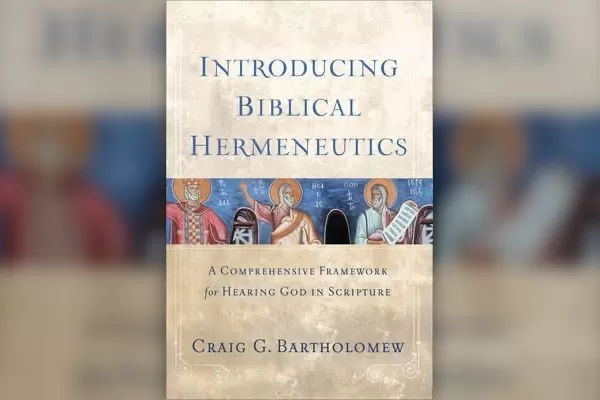A trinitarian hermeneutic and how it breaks the New Testament narrative
I have a lot of work to do on hermeneutics in the coming months. One of the books I am reading is Craig Bartholomew’s Introducing Biblical Hermeneutics: A Comprehensive Framework for Hearing God in Scripture (2015), which seems to be both a general introduction to the field and a defence of a trinitarian hermeneutic—that is, reading the scriptures through a trinitarian lens—in particular. Why a trinitarian hermeneutic is so unhelpful for New Testament interpretation is apparent from this statement (I’m reading on Perlego, so I can’t provide the page number, which is very annoying):
The emphasis on perichoresis in trinitarian doctrine… stresses that while all three persons of the Trinity are involved in all their acts, the Father is particularly associated with creation and Israel, the Son with the fulfillment of redemption, and the Spirit with mission.






Recent discussion